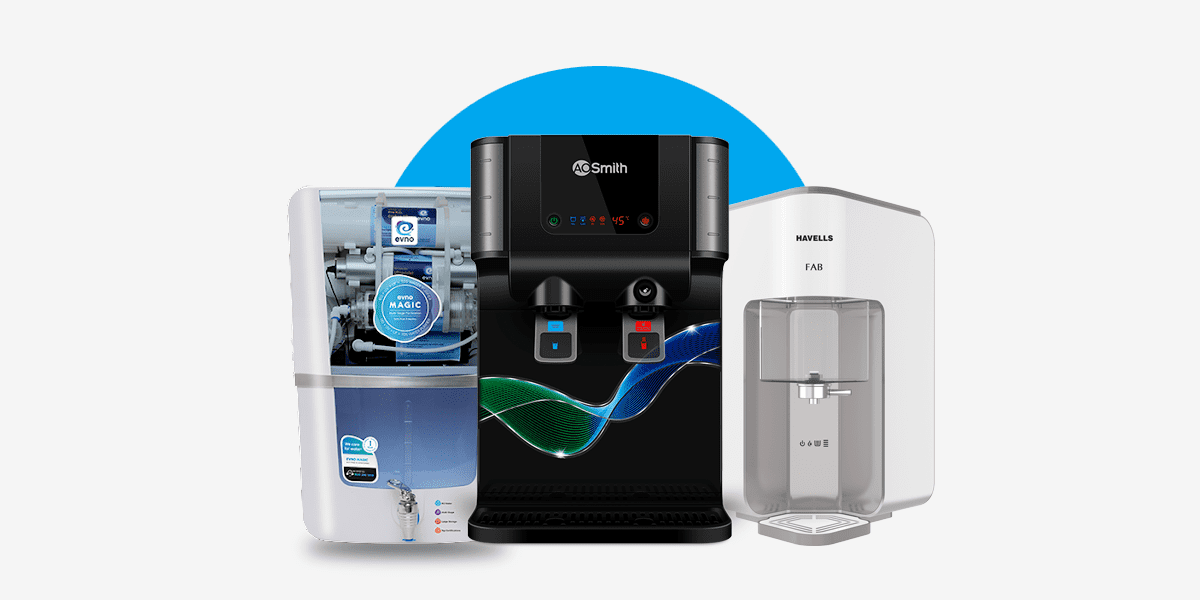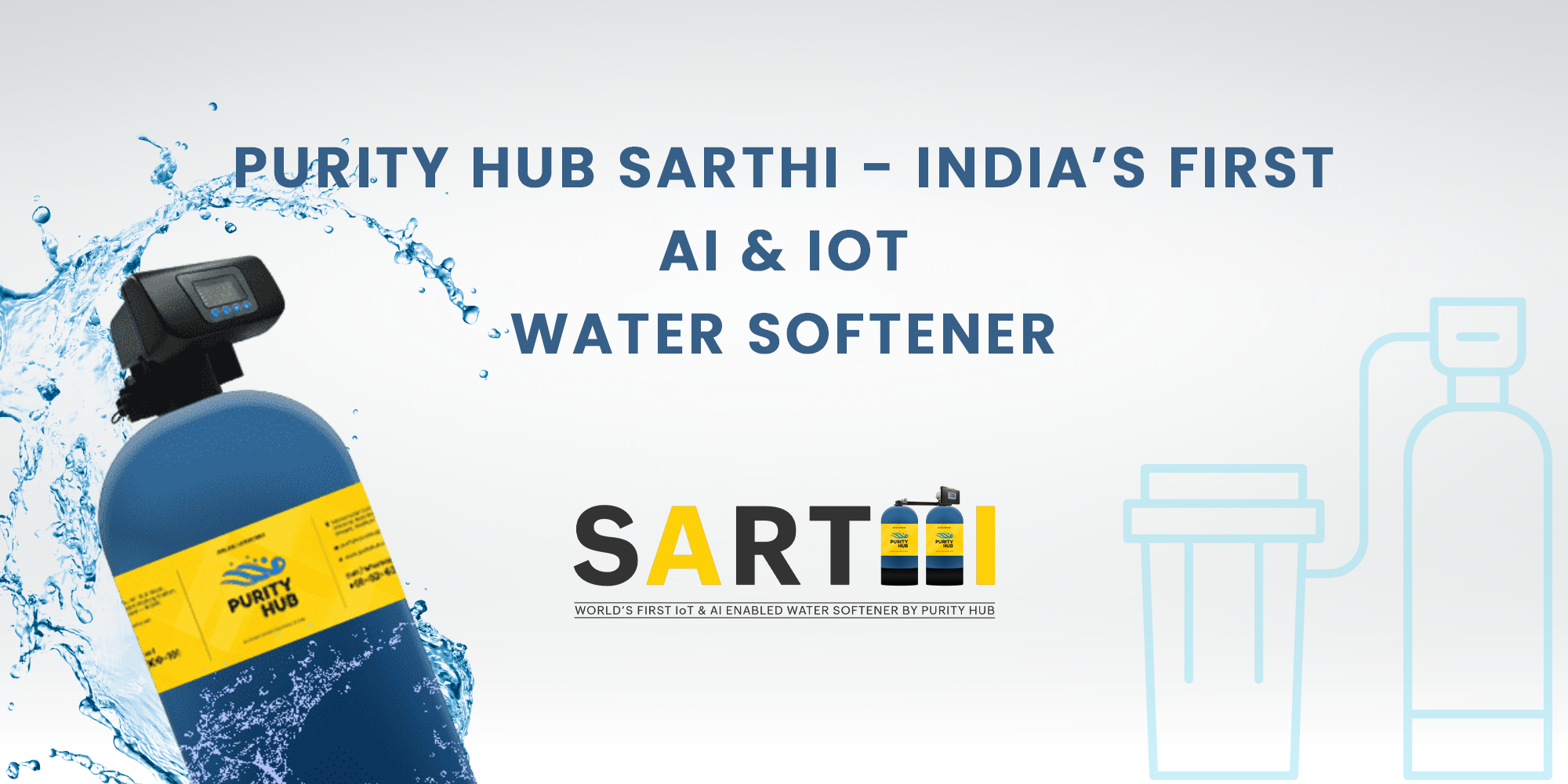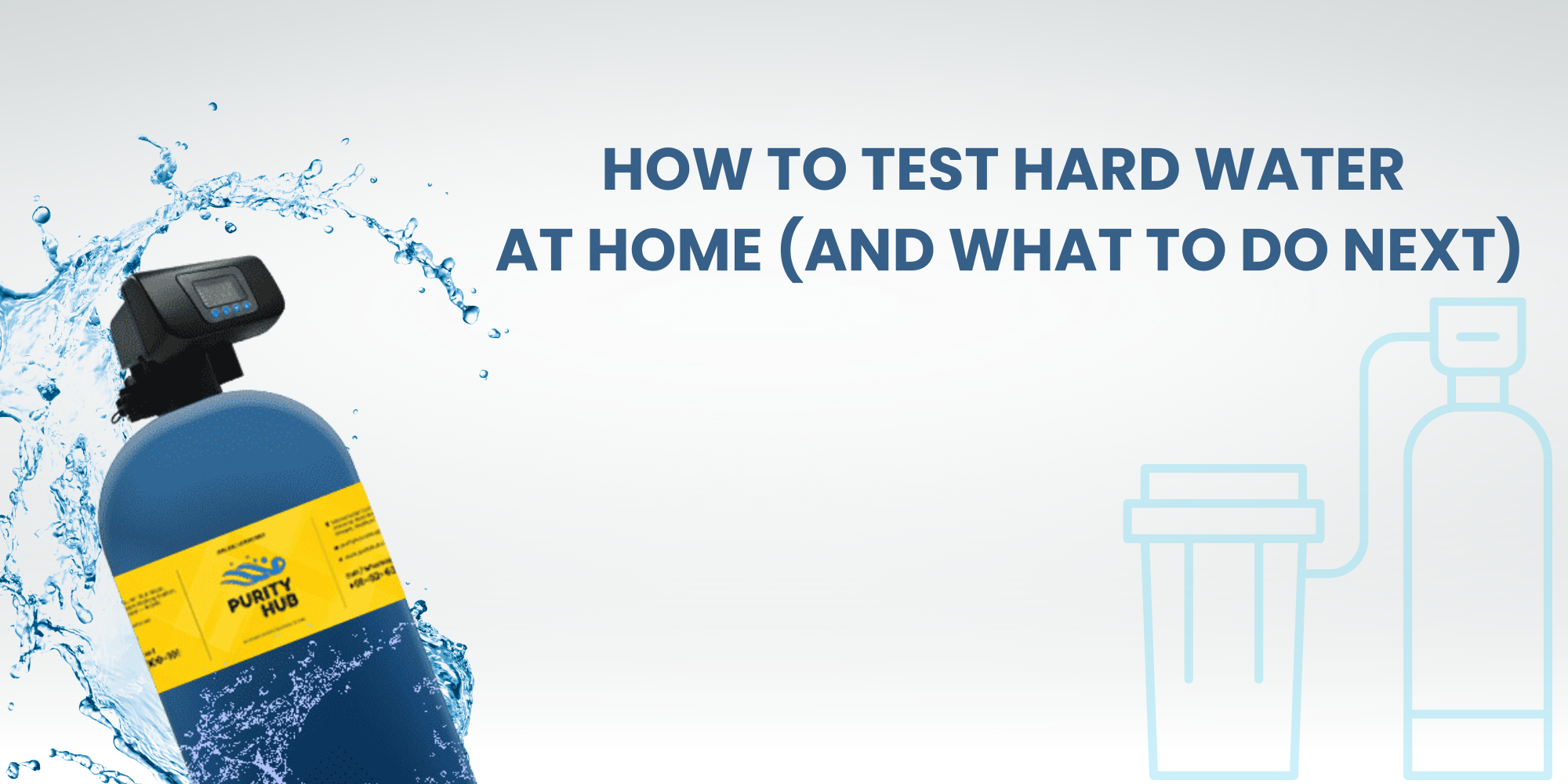
Water is an essential part of life. About 60% of the human adult body is made up of water. The brain and heart are composed of 73% of water. Still, only 1% of water is available for human consumption. But due to pollution from chemical solvents of Industries and factories, dirt and germs from atmosphere, even that 1% is becoming unfit for human consumption. Along with it water-borne diseases are spreading at an alarming rate and people are realising the importance of drinking clean water. As a result, the demand for water purifier has shot up and a market is flooded with different brands of water purifiers. This has created confusion in the mind of a consumer on which product is right for them.
Here are top 10 parameters that you must consider before buying a water purifier for your home.
1. Water Quality
Evaluate the quality of water that you get at your home and then decide what kind of water purifier suits your requirement. The quality of water differs from one area to another. Some water is loaded with sediments while the other has invisible germs and viruses in it which can affect your health. Usually, the physical appearance of water will indicate if there are any sediments in the water. The odour and taste of water can also point out to the presence of dissolved impurities. If the water leaves behind White patches when kept in a steel utensil, this signifies the content of Hardness (Calcium & Magnesium) in that water.
In such cases, RO is the best choice for you. RO has a semi – permeable membrane which has a pore size of 0.0005 microns. These pores remove the tiniest of dissolved salts, metals and impurities. You can also get your water tested to see if there are any impurities present in the water. Some heavy metals like lead, mercury, arsenic present in the water cause health problem. Once you know about the quality of water that comes to your home. Choosing the water purifier will be an easy task.
According to W.H.O, the permissible limit of TDS in potable water should be between 50-120 PPM and pH should be above 7.4. If you are getting water from Municipal Corporation, it should be under 120 TDS and you can also go for Purifier system and not RO like Aquaguard, Kent Maxx, Vivid Star Neptune and other UV / UV+UF Purifiers. If you get water from bore systems than you should always go for RO System because bore water has high TDS as bore water travels from below the earth surface and heavy metals gets dissolved in bore water.
2. Daily Usage
Analyse average daily consumption of water for your family. Know if you need water only for drinking purpose or for the entire house. It will give you a fair idea about what kind of water purifier you need. If your daily consumption is high, you would require a high-power and higher output rate model which can effectively filter a large supply of water. If it is low, you can easily go for a smaller water purifier. Always consider the number of users before purchasing this product. If you are living in a joint family, then water purifier with less quantity of water will be useless. On a rough note, Output of water from Water Purifier in one hour should never be less than the number of users.
3. Know your budget
Know how much you are planning to invest in buying a water purifier. Once you know your budget you can look for the product that fits your bill. The water purifier is a long time investment and it is always recommended to go for a high-quality brand. If you are opting for UV-UF purifier then there are many options available under 12K and if you are looking for a good quality RO system, there are many options available under 16K.
4. Purification process & Technology
The best way to select amongst many brands of water purifier is to compare their purification technology. The technology used in water purification affects the quality of water. Every water purifier has some mechanism to filter the contaminated water. There are particular labels for these specifications like RO which stands for Reverse Osmosis treatment. RO uses semi-permeable membrane to remove Hardness, Metals, ions, molecules and larger particles from drinking water. Then there is UV which stands for Ultraviolet water purifier system which uses Ultraviolet rays to kill germs present in the water. Then there is UF which stands for Ultrafiltration. UF uses Hydrostatic pressure against a semipermeable membrane to purify bacteria and viruses from water. TDS control stands for purification technique which controls the final TDS and thus taste in water. pH Balance Technology is the latest technology in Water Purifiers that balances the pH Levels in Water. It is really important for you to check a number of purification stages involved in the water purification. You can select this product based on the purification technology that suits your requirement.
5. Electricity
The UV and RO water purifiers require electricity. So if you stay in an area where there is power cut or insufficient electricity supply. You might want to opt for alternate water purifier in order to cope up with the power cuts.
6. Maintenance Cost
Before buying a Water Purifier or RO System, you should analyse and make sure of its maintenance cost that will fit your budget. Any water purifier needs services regularly at an interval of 3-4 months and needs to replace filters every year. Maintenance of a good purifier should be under Rs.2000/- per year however maintenance of many RO Systems varies between Rs.2000/- to 5000/- per year.
7. Buy registered product
Water purifier has become an essential part of life and need of every household. There are many companies which are manufacturing water purifier products. Hence it is really important that you always check for registration of the product before you buy. Many companies offer products of cheaper quality and no quality check have been done on such products. Always buy water purifier from a registered franchisee or a online marketplace that commits proper services and quality products.
8. Contamination
Bacteria, nitrate, pesticides and lead affect your health. If the salt and microbe content is high in the water, then it is advisable to buy UV based RO water purifier. The UV destroys bacteria and viruses’ ability to reproduce. The RO membrane removes these dead germs, purifies the water make it fit to drink.
9. Comprehensive solution
According to the quality of water supply at your locality, you can opt for a combination of one or more technology to purify the water. For example, if the water supply at your locality is highly contaminated and dirty then RO/UF+UV purifier works best for you. Always talk to experts before you buy a water purifier.
10. Body
After analysing all the technical aspects of the water purifier, design and the look comes next. The body of water purifier should be portable but heavy because you buy Water Purifier once in 8-10 years and you may shift the purifier from place to place. The design and look of the water purifier should be appealing and match with your home. Buy water purifier that suits the look of your house and your necessity.
A good water purification system will ensure the wellness of your family members and protect them from germs. Contaminated water will cause more harm than good. Choose the water purifier after gathering data and analysing it rather than being influenced by the advertisements. This is very important in making a decision on your health and your family. Always analyse all functions of a water purifier and choose the best according to your needs.



